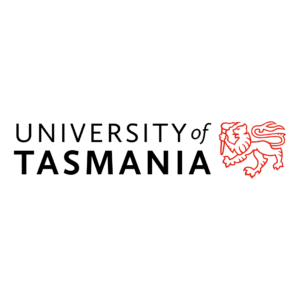Course Content
The Bachelor of Global Logistics and Maritime Management requires the completion of 300 credit points comprising:
- 100 credit points of Core units
- 100 credit point Major
- 100 credit points of Elective units
Core Units
Year 1
- International Business Communication
- Introduction to the Maritime Industry
- Exporting and Importing
- Commercial and Transport Law
Year 2
- Port and Terminal Management
- Maritime Law
- Maritime Economics
- Ship Operations Management
Major Area Choice (Choose 1)
Logistic and Supply Chain Management
Year 1
- International Transport Systems
- Air Freight Transport
Year 2
- Logistics Management
- Warehousing and Distribution
Year 3
- Supply Chain Management
- Global Procurement
- Transport Research Project
- International Freight Management
Maritime Business Management
Year 1
- Data Analysis for Business
- Accountability and Accounting
Year 2
- International Business Management
- Resilience in the Face of Emergencies
Year 3
- Managing People for Competitive Advantage
- Transport Research Project
- Strategic Management in Networked Industries
- Ship Chartering
Maritime Technology Management
Year 1
- Engineering Design and Communication
- Engineering Dynamics
Year 2
- Introduction to Maritime Science, Engineering and Technology
- Production Processes for Maritime Infrastructure
Year 3
- Supply Chain Management
- Transport Research Project
- Remotely Operated and Autonomous Vehicle Technologies
- Human Factors and Risk Management in the Maritime Industry
Electives Units
2 electives are normally selected in Years 1 and Year 2 and 4 electives in Year 3. In your Elective component you can choose from any units marked as "Student Electives" which you meet the pre-requisites for, at any level, from across the university. Your electives can be used to add breadth to your degree, by exploring a variety of different subject areas from across the University from within or outside the College of Sciences and Engineering. Alternatively, you can deepen your engagement with specific subject areas, for example, by completing additional units in the same discipline as your major area or related fields.









